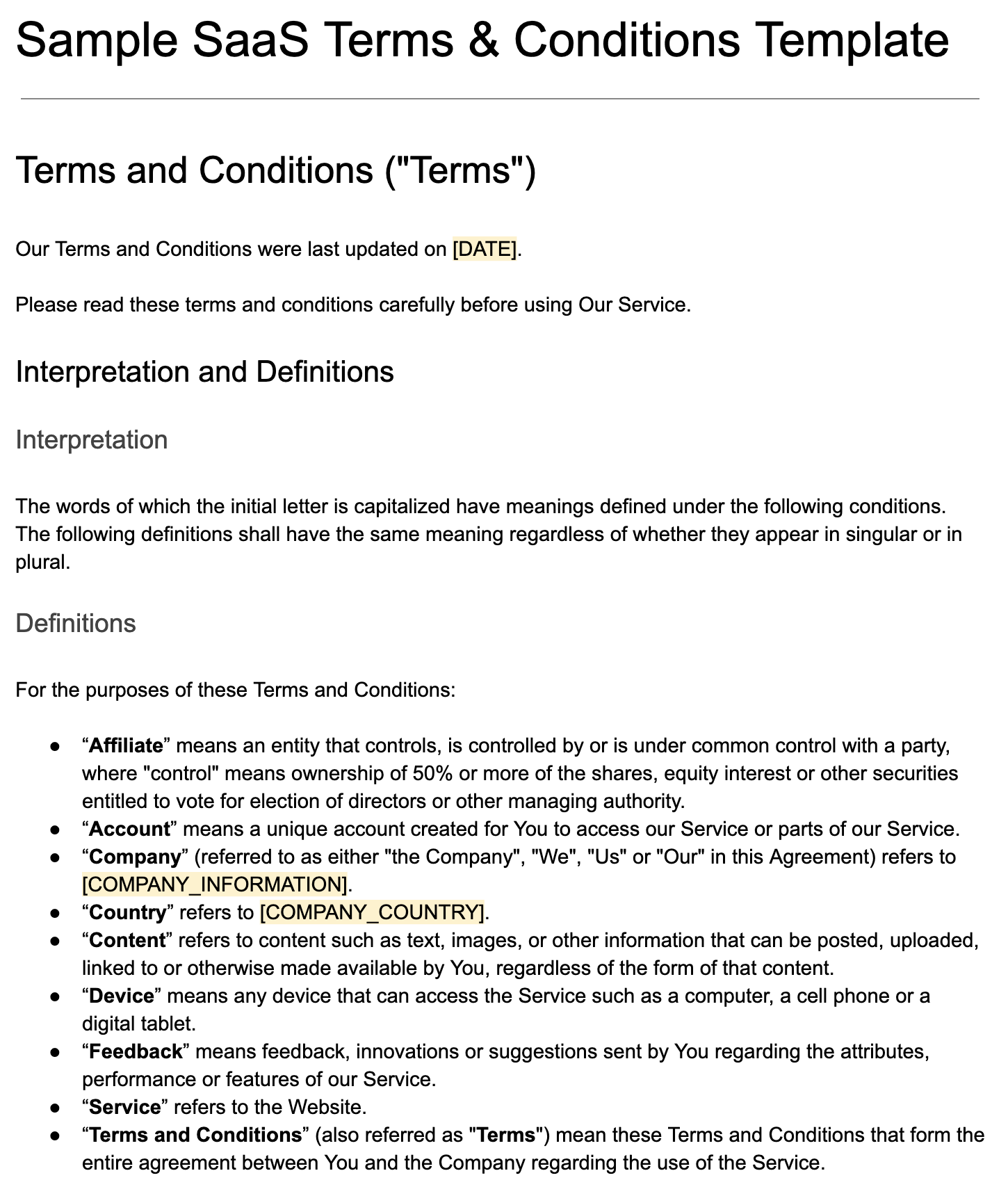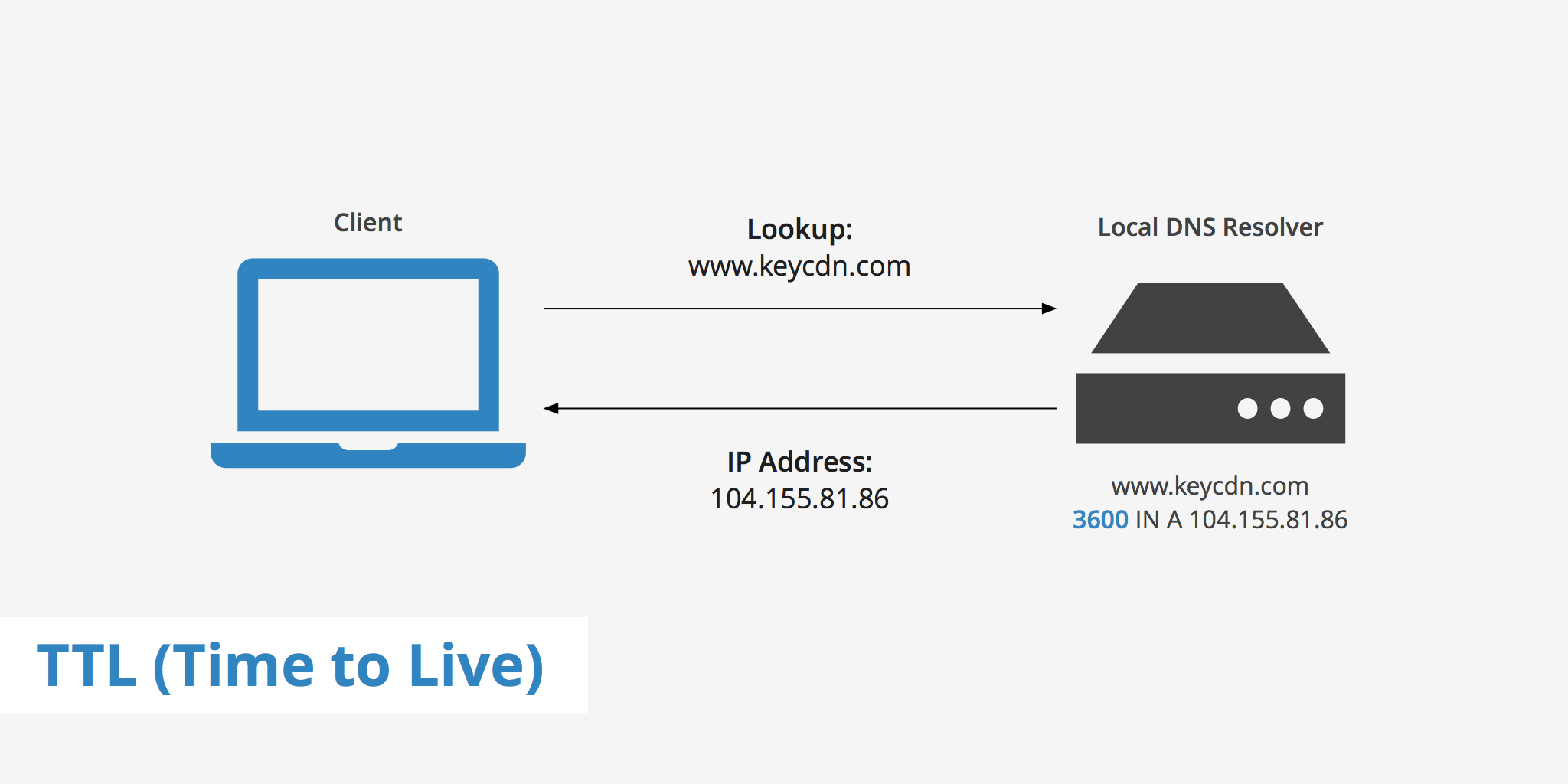
SSL stands to Secure Sockets Layer. It protects the website and uses sophisticated encryption keys to divert communication. The SSL handshake signal decrypts the communication at the data or user ends. This handshake signals that the communication was encrypted.
Secure Sockets Layer
Secure Sockets Layer, also known as SSL, is a protocol for encrypting a connection between a client and a server. To encrypt or decrypt data, the protocol uses two keys: one public and one that is only known to the sender. SSL-enabled websites will have HTTPS in their URLs. The server will respond to any request for an encrypted session via a secure site with a trusted certificate that contains a public secret.
The protocol uses asymmetric key encryption to encrypt data sent between the server and client. Unlike other encryption methods, the keys generated by symmetric encryption are unique for every connection. Client and server agree on the details of encryption before any data is sent. This makes encryption safe and reliable.
Function
SSL is a security protocol that encrypts information being transferred between a website and its users. This means that only the intended recipient can unlock the data. This is an excellent feature for sharing sensitive data online. This makes it almost impossible to intercept such information from hackers. SSL is essential for websites.

SSL is a secure way to establish trust between a webserver and a browser. It recognizes a certificate from a web server and sends it to the browser. The browser authenticates the certificate. When it does, it sends back a digitally signed acknowledgement to start an SSL encrypted session. The encrypted data is shared between the browser and the web server.
Types
There are two types SSL Certificates: self-signed and Third-Party. A self-signed certificate provides data encryption, and adds HTTPS as an address bar. Self-signed certificates are not trusted, since anyone can create them without the help of a trusted third person. Browsers will show warning messages when visiting self-signed websites.
SSL certificates can be installed on one or more web servers and used to validate domains. They are also used to secure an organization's website. An SSL certificate can protect multiple domains and subdomains.
Importance
SSL stands for Secure Sockets Level and secures communication between computers. This secure connection prevents computers from intercepting and detecting the data between users. This is often seen when website visitors fill out contact forms with personal data. Without SSL, this data could be intercepted by hackers and identity thieves. All websites should have SSL encryption to protect the sensitive data of their users.
Google ranks SSL as an important factor. Google updates its ranking algorithm regularly, and having SSL can give your website a small boost in search engine rankings. SSL can make your site more trustworthy. Chrome, a browser that uses SSL to verify websites, will display warning messages when they aren't secure.

Obtained a certificate
Getting a certificate for SSL is an important step to protect your website from online attacks. SSL certificates contain information about the webmaster, such as the public key, serial number, expiration and digital signature. These certificates authenticate your website and verify it is legitimate. Check the URL for the HTTPS to verify the certificate.
Some CMS platforms make it easy to install SSL certificates automatically. HubSpot CMS comes with an SSL built in that is free of cost. It can also renew the SSL certificate. This will occur 30 days before it expires.
FAQ
How To Create A Static Website
You have two options when creating your first static site:
-
Content Management System, also known as WordPress. WordPress is available as a download. Then you can use it to create an essential website.
-
You will need to create a static HTML website. If you have a good understanding of HTML, this is not difficult.
Consider hiring an expert to build your large website.
You should start with option 2.
Should I hire someone to design my website or do it myself.
If you want to save cash, don't pay for web designer services. However, if you are looking for high-quality results, hiring someone to design your website might not be worth it.
It is possible to create websites without hiring expensive professionals.
If you're willing put in the work, you can create a website that looks great using tools like Dreamweaver.
Another option is to hire a freelance web developer for a project that charges per hour.
How Do I Choose A Domain Name?
It is crucial to choose a great domain name. If your domain name is not great, people won't be able to find you easily when they search the internet for your product.
Domain names need to be short and simple to remember, relevant for your brand, and unique. It is ideal to have something that people can type into their browser.
Here are some ways to choose a domain name.
* Use keywords relevant to your niche.
* Do not use (-), symbols or hyphens.
* Don't use.net or.org domains.
* Use words that are already used.
* Avoid generic terms like domain or website.
* Check to make sure it's there.
Statistics
- It enables you to sell your music directly on your website and keep 100% of the profits. (wix.com)
- When choosing your website color scheme, a general rule is to limit yourself to three shades: one primary color (60% of the mix), one secondary color (30%), and one accent color (10%). (wix.com)
- In fact, according to Color Matters, a signature color can boost brand recognition by 80%. There's a lot of psychology behind people's perception of color, so it's important to understand how it's used with your industry. (websitebuilderexpert.com)
- At this point, it's important to note that just because a web trend is current, it doesn't mean it's necessarily right for you.48% of people cite design as the most important factor of a website, (websitebuilderexpert.com)
- Did you know videos can boost organic search traffic to your website by 157%? (wix.com)
External Links
How To
What is website hosting?
Website hosting describes where visitors go when they visit a site. There are two types.
-
Shared Hosting - This is your cheapest option. Your website files reside on a server controlled by someone else. Your customers' requests travel via the Internet to your server when they visit your site. The server owner then forwards the request to you.
-
Dedicated Hosting - This option is the most costly. Your website is hosted entirely on one server. No other websites share space on the server, so your traffic stays private.
Because shared hosting is more affordable than dedicated hosting, most businesses opt for it. When you use shared hosting, the company that hosts the server gives you the resources to run your site.
Both options have their pros and cons. These are some of the major differences between them.
Pros of Shared Hosting
-
Lower Cost
-
Easy to Set Up
-
Frequent updates
-
It is possible to find it on many web hosting companies
Shared hosting is often as cheap as $10 per month. But keep in mind that this price usually includes bandwidth. Bandwidth refers the data that you can transfer over the Internet. Even if you are only uploading photos to your blog site, high data transfer rates can still cost you extra.
Once you begin, you will soon see why you spent so much on your previous host. The majority of shared hosts offer limited customer support. Their techs will occasionally walk you through setting up your site, but you're on your own after that.
You'll want to look into a provider that offers 24-hour phone support. They will attend to any issues you have while you sleep.
Dedicated Hosting Cons:
-
More Expensive
-
Fewer Common
-
Requires special skills
With dedicated hosting you will have everything you need to manage your website. You won't have worry about whether your website is using enough bandwidth, or whether it has enough RAM (random-access memory).
This means you'll have to spend more upfront. But once your online business starts, you'll realize you don't need any technical assistance. You'll quickly become an expert at managing your server.
Which Is Better For My Business, So Which Is Better?
It all depends on the type of website you are creating. If you're selling products only, shared hosting might work best. It's easy to set up and maintain. A server shared with several other sites means that you will receive frequent updates.
If you want to create a community around a brand, dedicated hosting may be the best choice. Instead of worrying about traffic, you can concentrate on building your brand.
Bluehost.com is the best web host for both. They offer unlimited monthly data transfers and 24/7 support. You can also register domain names for free.